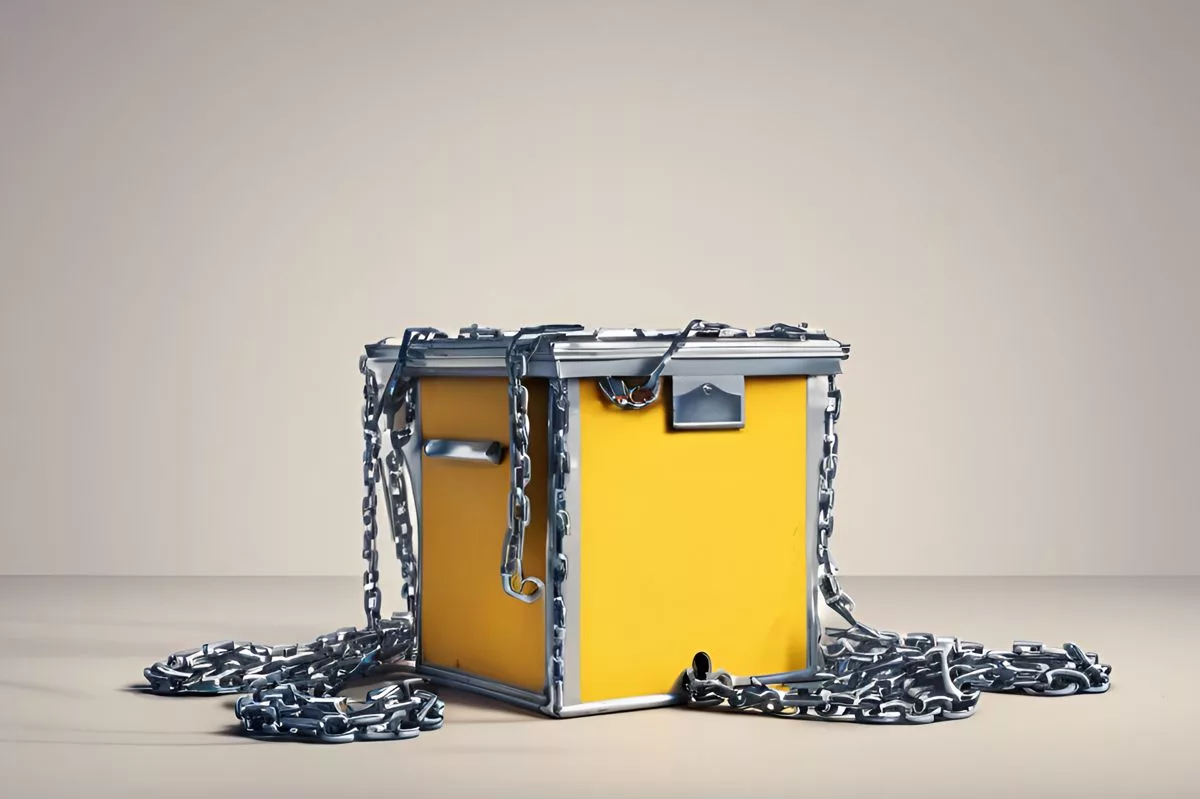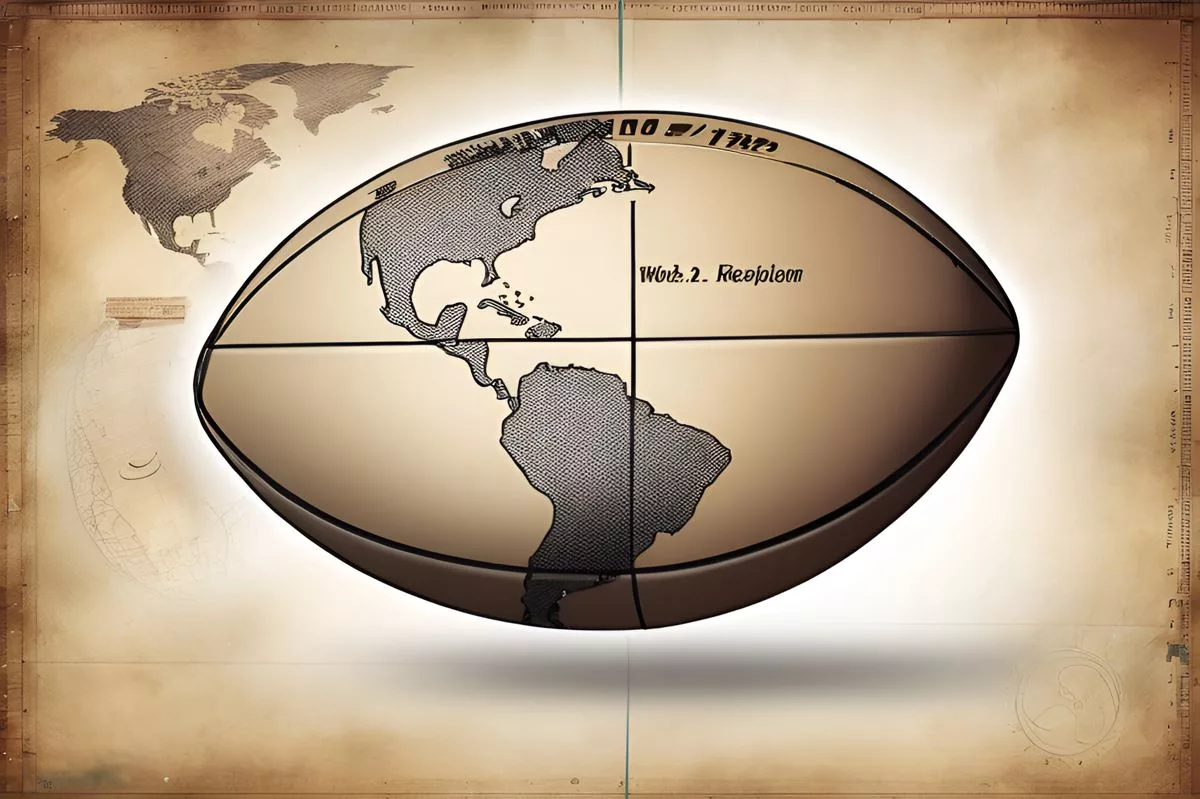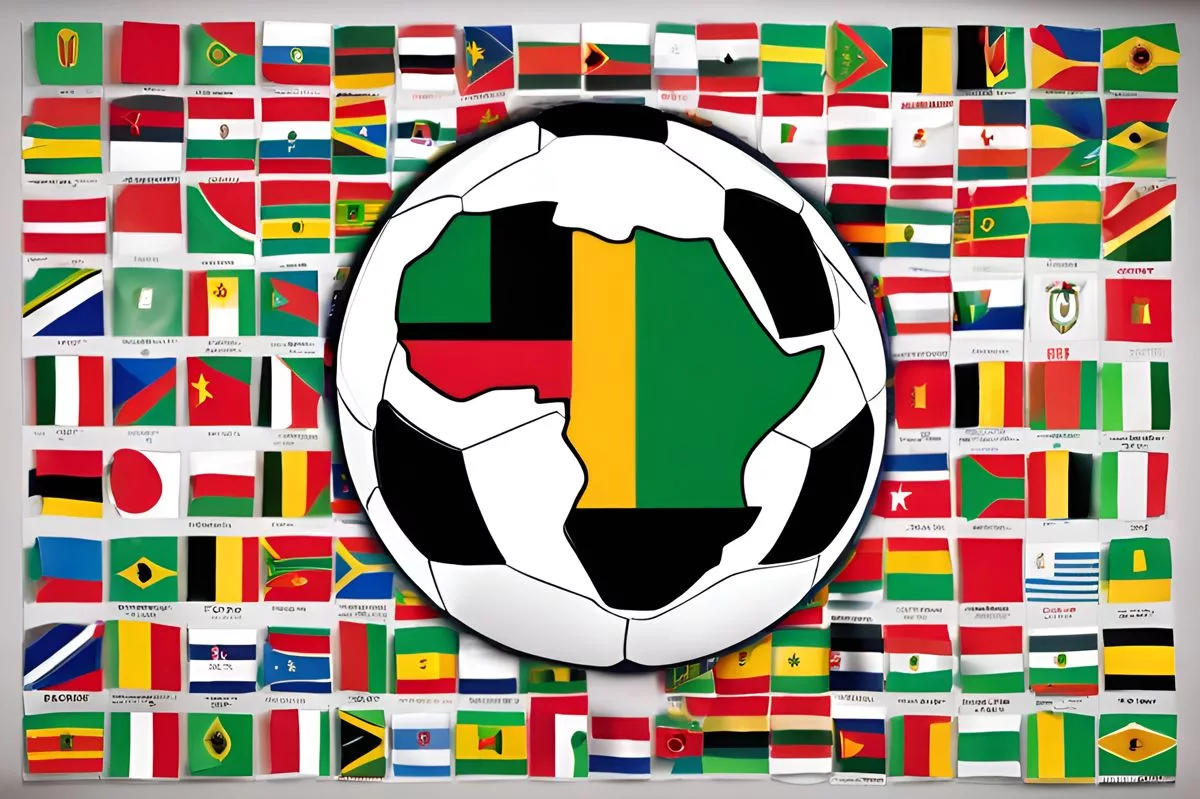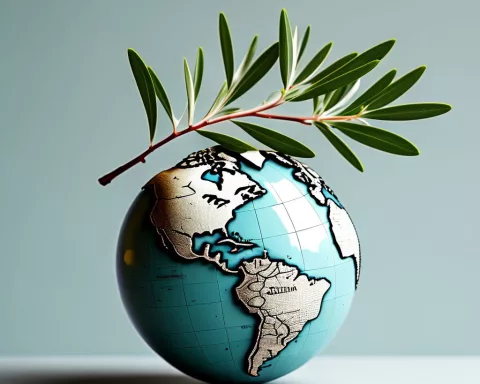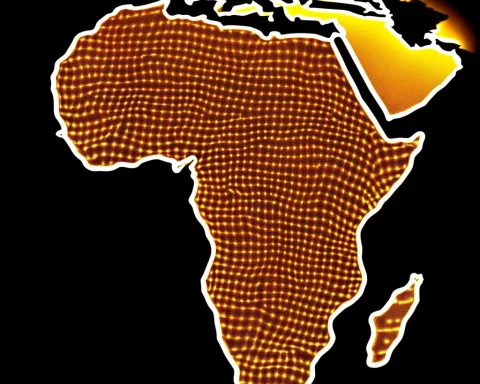Jacob Zuma, former South African President, has been expelled from the African National Congress (ANC), the political party he once led. Zuma’s endorsement of a competing party has stirred up the political scene ahead of the general elections in South Africa, and his expulsion marks a significant change in the nation’s political dynamics. Despite facing frequent accusations of corruption during his presidency, Zuma’s popularity remains robust, with nearly a third of South Africans expressing approval for him, particularly in his native province of KwaZulu-Natal, a pivotal electoral district.
The Impacts of Zuma’s Actions on the ANC and South African Politics
Zuma’s expulsion from the ANC is predicted to further diminish the party’s electoral base, signaling a significant alteration in South African political dynamics. Survey results show that Zuma’s popularity remains robust, with nearly a third of South Africans expressing approval for the embattled former leader. This backing is especially strong in his native province of KwaZulu-Natal, a pivotal electoral district.
In an expected turn of events, former South African President Jacob Zuma has been ousted from the African National Congress (ANC), the political party he once spearheaded. This expulsion marks another chapter in the ongoing conflict within the political faction. This occurrence follows closely on the heels of Zuma’s endorsement of a competing party, a move that has stirred the political waters in South Africa as the nation prepares for the forthcoming general elections. The once dominant ANC now grapples with a potential loss of substantial influence in the upcoming election.
Fikile Mbalula, the ANC Secretary General, made the announcement to the media. He stated that Zuma would undergo a disciplinary hearing and that the party would initiate a legal challenge against the rival political faction that Zuma now supports. This action highlights the ANC’s dedication to preserving internal unity and is a warning to members whose behavior contradicts the party’s values and principles; they may find themselves on the outside looking in.
Throughout his political career, Zuma has been a magnet for controversy. During his presidency from 2009 to 2018, he faced frequent accusations of corruption, leading eventually to his removal from office. His recent endorsement of a new political party, uMkhonto We Sizwe (MK) or Spear of the Nation, has further strained his relationship with the ANC. Some political pundits speculate that Zuma’s intention was to be expelled to heighten his public appeal.
The Impacts of Zuma’s Actions on the ANC and South African Politics
Zuma’s political antics have been a continual thorn in the side of the ANC, a party already struggling with waning support due to an underperforming economy and persistent allegations of corruption and mismanagement. His departure is predicted to further diminish the ANC’s electoral base, signaling a significant alteration in South African political dynamics.
Survey results show that Zuma’s popularity remains robust, with nearly a third of South Africans expressing approval for the embattled former leader. This backing is especially strong in his native province of KwaZulu-Natal, a pivotal electoral district.
In the aftermath of Zuma’s expulsion, President Cyril Ramaphosa voiced his belief that aligning oneself with another party calls a member’s loyalty into question, hence validating the ANC’s decision. He verified that efforts were made to engage Zuma before his expulsion. Ramaphosa described Zuma’s actions as “a complete shock.”
The ANC’s Counter-Moves and Ramaphosa’s Steadfast Commitment
In an effort to regain control of the party’s narrative, the ANC is planning to lodge a complaint with the electoral court to request the deregistration of MK. Additionally, they plan to initiate a trademark challenge to protect the party’s name. Mbalula suggested that the formation of the MK party represents an intentional attempt to hijack the revered history of the armed resistance against the apartheid regime, to lend credibility to what he perceives as a clear counter-revolutionary agenda.
Zuma, a charismatic figure known for his sharp criticism of political opponents, has frequently voiced his bitterness about his forced resignation in 2018, when he was replaced by then-deputy Ramaphosa. Ever since, the relationship between the two has been strained, with Zuma recently labeling Ramaphosa’s administration as “traitors and collaborators with apartheid.”
Despite this hostility, Ramaphosa has remained unwavering in his dedication to the advancement of the ANC. He maintains that: “The renewal of the ANC continues unabated, we continue to renew ourselves, we continue to improve ourselves, and in this forward progress, we find that some will fall by the wayside.”
Zuma’s Ongoing Influence on South African Politics
Despite his legal struggles and a 15-month conviction for contempt of court, Zuma’s influence continues to loom large over South Africa’s political scene. His expulsion from the ANC marks a critical point not only for the party but also for the nation’s politics. It highlights the ever-changing nature of democratic governance.
As South Africa readies itself for the upcoming elections, Zuma’s expulsion from the ANC adds yet another twist to the nation’s intricate political storyline. These developments carry significant implications for the future of the ANC, Zuma, and the broader South African political landscape.
1. Why was Jacob Zuma expelled from the African National Congress (ANC)?
Jacob Zuma was expelled from the ANC for endorsing a competing party, uMkhonto We Sizwe (MK) or Spear of the Nation, which goes against the party’s values and principles.
2. How might Zuma’s expulsion impact the ANC’s electoral base?
Zuma’s expulsion is predicted to further diminish the ANC’s electoral base, signaling a significant alteration in South African political dynamics. Survey results show that Zuma’s popularity remains robust, with nearly a third of South Africans expressing approval for him, particularly in his native province of KwaZulu-Natal, a pivotal electoral district.
3. What counter-moves is the ANC planning to regain control of the party’s narrative?
The ANC is planning to lodge a complaint with the electoral court to request the deregistration of MK, and they plan to initiate a trademark challenge to protect the party’s name.
4. What is the ongoing influence of Jacob Zuma on South African Politics?
Despite his legal struggles and a 15-month conviction for contempt of court, Zuma’s influence continues to loom large over South Africa’s political scene. His expulsion from the ANC marks a critical point not only for the party but also for the nation’s politics.
5. How has President Cyril Ramaphosa responded to Zuma’s expulsion?
President Cyril Ramaphosa voiced his belief that aligning oneself with another party calls a member’s loyalty into question, hence validating the ANC’s decision. He verified that efforts were made to engage Zuma before his expulsion. Ramaphosa described Zuma’s actions as “a complete shock.”
6. How has Zuma responded to his forced resignation in 2018?
Zuma, a charismatic figure known for his sharp criticism of political opponents, has frequently voiced his bitterness about his forced resignation in 2018, when he was replaced by then-deputy Ramaphosa. Ever since, the relationship between the two has been strained, with Zuma recently labeling Ramaphosa’s administration as “traitors and collaborators with apartheid.”


